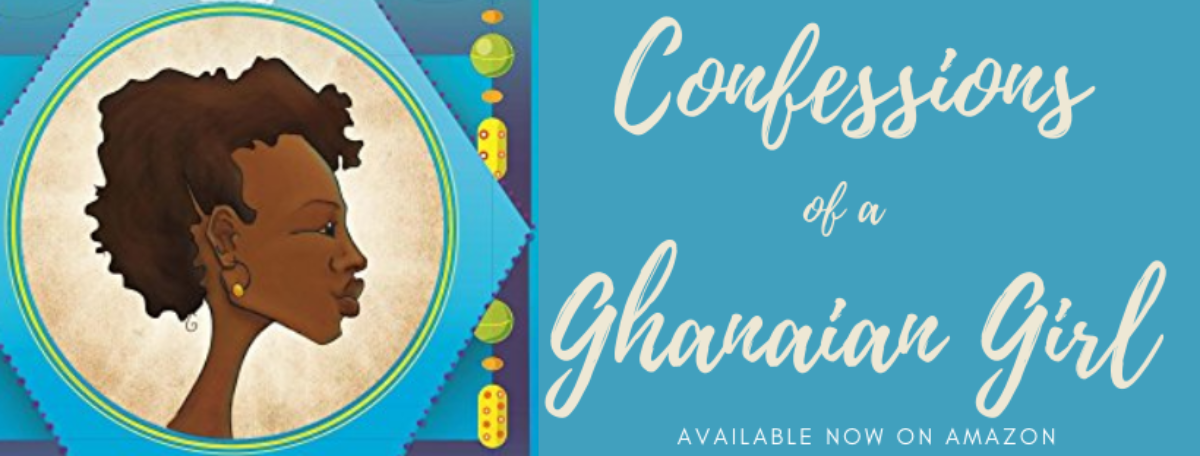At a very earlier point in my life, I assumed there was a life stage where one came into full knowledge of who they were and what they were to do on earth. I thought as the child I was. I have come to discover in the later days of my life how finite but infinite life is. I have come to learn that there is nothing like the approved way of walking this life journey and there is always something new to discover each day if I let myself. As I forge toward 36, I am amazed at how the last five years have been the most transformative years of my life and then again amazed to learn that I still have many years of learning and transformation before me. I am almost 36, just about 40 days more. It has all happened so fast like a blink and then again taken so much time. My gratitude goes to God Almighty for the blessings of health, wealth and love I have enjoyed till date. If I were given the chance to share three things, I have learned living life, especially in the past decade, it would be the following:
Do not judge others: During my first visit to Germany in 2013 to my uncle, I remember commenting several times on my cousins’ non fluency in Twi. I found it astonishing that their parents had been unable to pass on this heritage to their children. Today, while braiding my hair, my first meeting with Mina, my hairstylist, flashed through my mind. She has three teen-boys. All born in Germany who speak little Twi. During our first meeting, though I was a younger mother, I recall giving her (unwarranted) advice on how she could raise her children to speak Twi. As I write this, I shake my head at my ignorance. Why was it so important to me then to comment on how others raised their children and what and what they passed on to their children? And what makes this even more ludicrous is that I am also raising a child in the same environment unable to implement this advice or critique I gave others. Unless you stand and share the same situation with someone, it’s best to keep quiet. And if you did really share the same load, you would probably not be critiquing. Because often the judgments we pass on others come poking back at us, asking us to walk that path too.
Mind my business: Minding my business has brought me a lot of peace over the past year. Though it is still something I am learning to do. I mind my business. Focus on me and all that I am and have to be, and avoid making a fuss about what other people are doing or how they live their lives. Minding my business also means not yielding to the pressures of society to be someone or meet an expectation. If I say I have achieved this in its entirety, it would be a blatant lie. But my vision is to walk this journey immune to the pressures or trying to live like others and being appreciative of what I have.
Loving myself is not as easy as I thought: Each day, I learn something new about myself. However, in the past years, I have learnt to be kinder to myself and to learn to accept myself but work on improving myself. To believe in me, to believe in my ideas, to accept my mistakes and to seek to be better. I tend to push pressure on myself, which I may have acquired in my early years due to the desire to be of the top three, five or ten in class.
I am getting there to this person, the better version of me, each day. It is truly humbling and scary to know that a greater person that the one I met today when I looked in the mirror is still hidden inside me. I yearn earnestly to meet that person soon.
